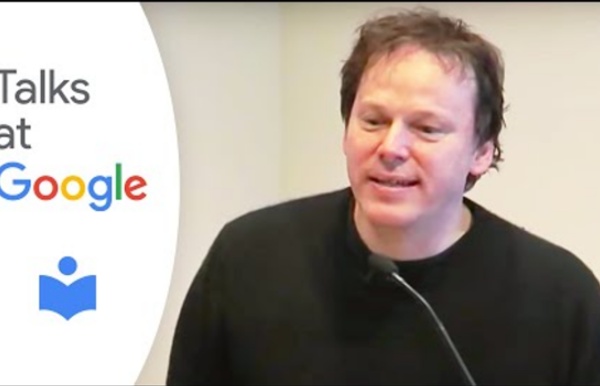Authors@Google: David Graeber, DEBT: The First 5,000 Years

Debt: The First 5,000 Years: Amazon.fr: David Graeber: Livres anglais et étrangers
Les 4,9 milliards que Kerviel doit rembourser, ça représente quoi ?
Jérôme Kerviel a été condamné à rembourser les 4,9 milliards d'euros perdus par la Société générale. 4,9 milliards, un chiffre abstrait. Afin de relier cette somme à certains éléments plus terre à terre, Rue89 a pris sa calculette pour découvrir ce que l'on pourrait acheter ou construire avec cette somme. Voici un panel -très subjectif- de nos recherches. ► Combien d'appartements de 100 m2 pourrait-on acheter dans le XIe arrondissement de Paris ? Considérant que la distribution du prix moyen , au mètre carré, dans le XIe arrondissement, s'élève à 7 220 euros, on pourrait acheter 6 787 appartements de 100 m2 dans ce quartier parisien. ► Combien d'Airbus A380 ? Le prix catalogue de cet avion s'élevant aux environs de 238 millions d'euros l'unité en moyenne, on pourrait acheter près de 20 Airbus A380. ► Combien de lingots d'or ? ► Combien de kilomètres d'autoroute française pourrait-on construire ? ► Combien de Rolls-Royce « Phantom » pourrait-on acheter ?
Sabine Pietori - Google+ - La vidéo la plus efficace et passionnante sur le sujet. Si…
Related:
Related:



